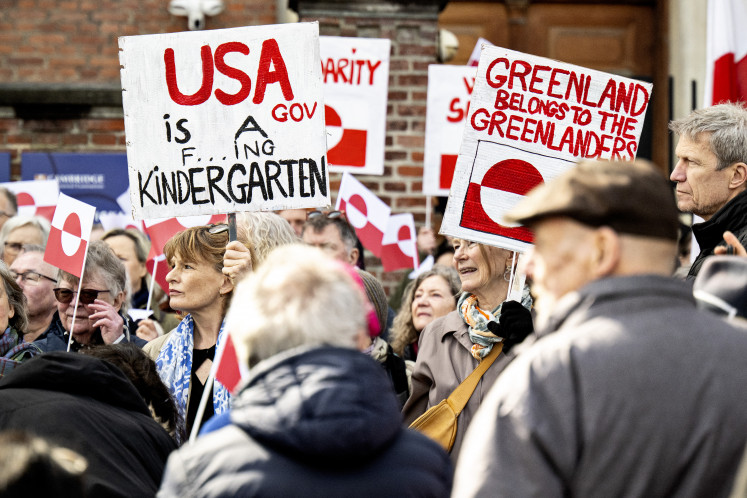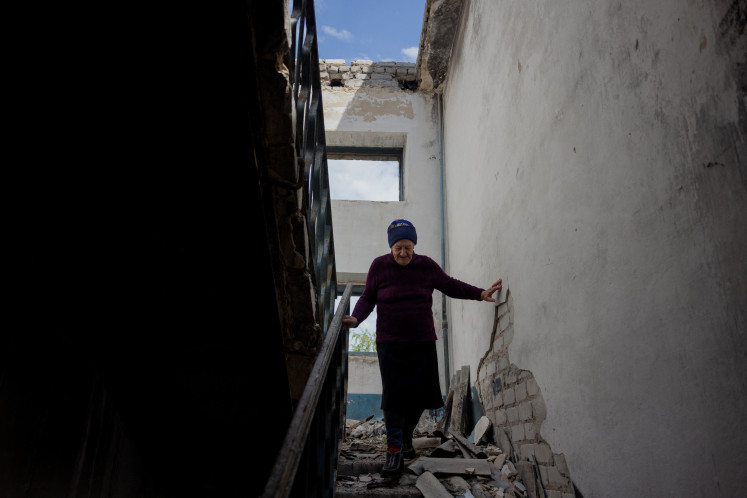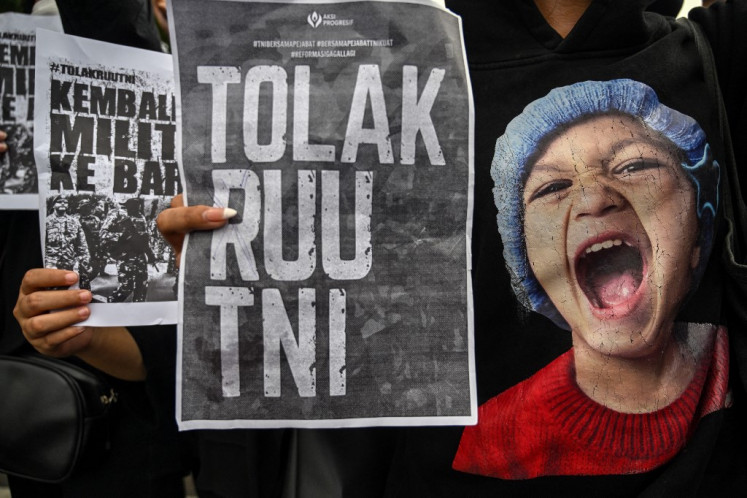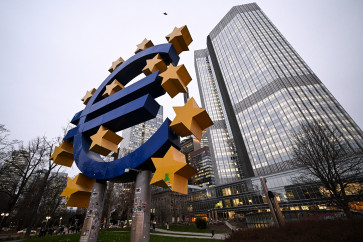From dollar hegemony to euro opportunity?
We seem to be approaching a new “Kindleberger gap.” The existing hegemon appears to be self-destructing, as it refuses to supply global public goods, and there is no clear candidate to fill its shoes.
Change text size
Gift Premium Articles
to Anyone
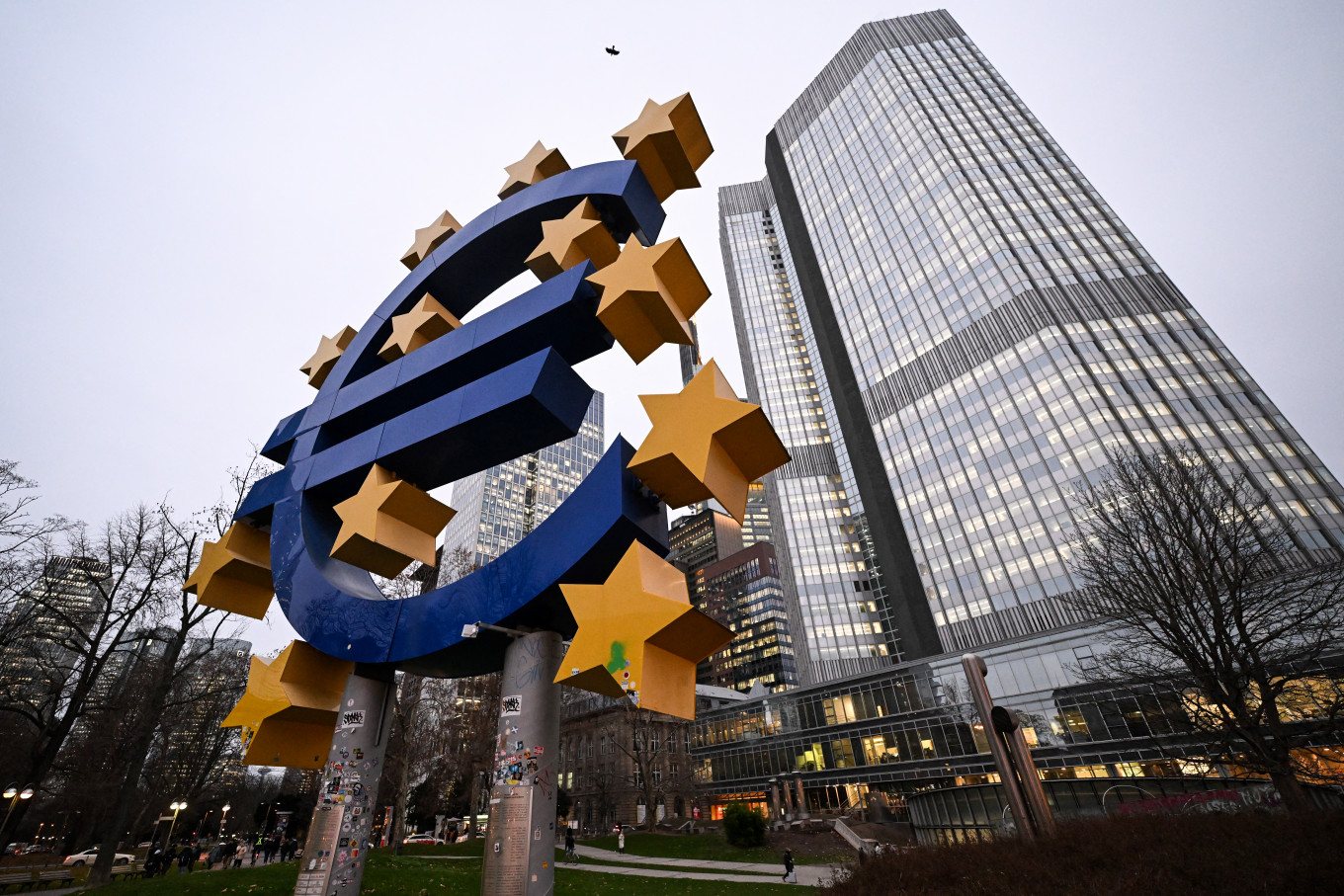 The Euro currency sign is seen in front of the former European Central Bank building on Dec. 11, 2024 in Frankfurt am Main, western Germany. (AFP/Kirill Kudryavtsev)
The Euro currency sign is seen in front of the former European Central Bank building on Dec. 11, 2024 in Frankfurt am Main, western Germany. (AFP/Kirill Kudryavtsev)
I
nternational monetary and financial systems may not be immutable, but nor do they change often. That is why the upheaval spurred by United States President Donald Trump’s trade and tariff war is so remarkable, and difficult to decipher.
To figure out what is going on, it is worth revisiting Charles P. Kindleberger’s theory of hegemonic stability, which essentially states that an open and stable international system depends on the presence of a dominant world power.
In the nineteenth century, that power was Great Britain. As the world’s financial hegemon, Britain supplied critical public goods. But World War I took its toll on Britain, which by the 1930s no longer had sufficient resources to underpin the international monetary system. And though the US was an ascending power, it was not yet ready to fill Britain’s shoes.
This “Kindleberger gap”, the period between world hegemons, coincided with the Great Depression and the escalating political turmoil that culminated in World War II.
Near the end of the war, in 1944, delegates from 44 countries met in Bretton Woods, New Hampshire, where they orchestrated a smooth transition between the old and the new hegemons. In doing so, they validated the de facto supremacy of US trading, financial and military power.
At the time, the US accounted for 35 percent of world GDP. But though America’s share of global GDP has declined, the US dollar has retained its dominance as a reserve asset, invoicing currency and anchor for fixed exchange rates. Moreover, the US Federal Reserve’s policy decisions and the US economy’s performance still shape the global financial cycle.
Nonetheless, we seem to be approaching a new “Kindleberger gap.” The existing hegemon appears to be self-destructing, as it refuses to supply global public goods, and there is no clear candidate to fill its shoes. The European Union is not prepared to take up the mantle, and China is not even integrated into global financial markets.





